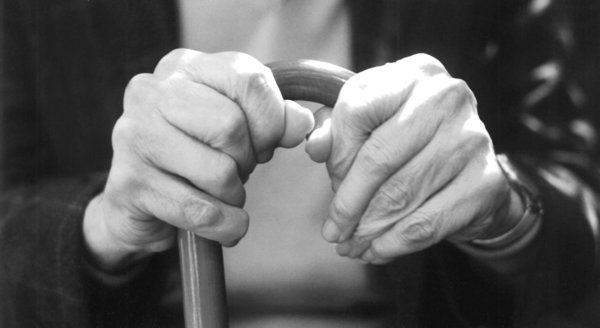
More than 8 out of 10 Scots support people living with dementia wearing GPS devices to help them to retain their independence and stay safe.
The extent of dementia in the community is also highlighted with almost six-out-of-10 (58%) Scots saying they know, or have known, someone who living with the condition
Across the UK as whole, those aged 18-24 are the most in favour, with 87% saying they support the use of GPS technology to safeguard the independence of people living with dementia. The research showed that while slightly more women than men know someone living with dementia, both sexes equally support use of GPS devices.
Using technology to improve support for people living with dementia is one of the issues being discussed at the 30th International Conference of Alzheimer’s Disease International, which is sponsored by Bupa. With the right support, people living with dementia are often able to continue many day-to-day activities. However, while wanting loved ones to stay as independent as possible, many families raise concerns about relatives becoming confused by unfamiliar settings, or walking away and getting lost.
Managing Director of Bupa Care Services, Andrew Cannon said:
"Everyone wants people living with dementia to retain their independence for as long as possible – and for many people that means unaccompanied trips to shops, cinema, and even the local pub. But we all need to balance that with ensuring their safety.
"GPS devices are becoming an everyday part of people’s lives: on our phones, in our cars, and on our wrists when we exercise. While these technologies are no substitute for face-to-face contact and good care, they could be a vital tool in helping people with dementia to not just live, but to live well."


 Man, 44, seriously injured in hospital after crash between Comrie and Rosyth
Man, 44, seriously injured in hospital after crash between Comrie and Rosyth
 John Swinney announces SNP leadership bid
John Swinney announces SNP leadership bid
 Closures on A92 from TONIGHT for roadworks
Closures on A92 from TONIGHT for roadworks
 12°C
12°C
 16°C
16°C